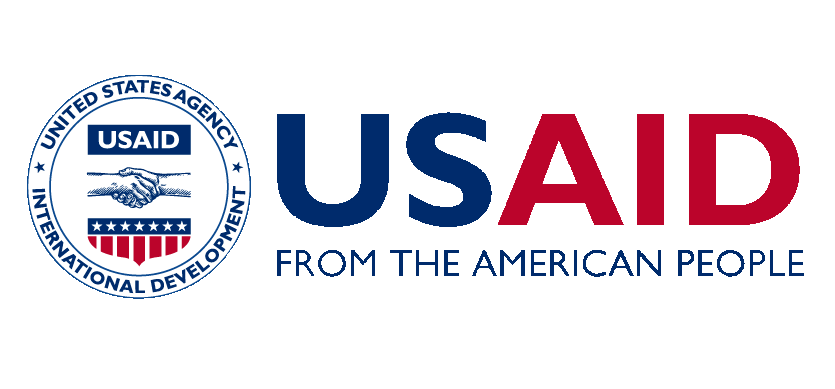The vision of the Margaret Pyke Trust is a future without barriers to family planning, in a climate resilient world with healthy ecosystems. As a global non-governmental organization embedded in the human health, biodiversity and climate sectors, one of their activities is working in partnership with other environmental conservation and health organizations to develop projects which simultaneously improve sexual and reproductive health services, provide alternative and sustainable livelihoods, and support the conservation of biodiversity. This year, they set a challenge of starting the process of creating new partnerships between health NGOs and Conserve Global. Conserve Global’s mission is to expand Africa’s conservation footprint and nature-based economy by supporting the establishment of community-initiated conservancies in the buffer zones adjacent to national parks.
In this report, we set out why we think the Population Health and Environment (PHE) approach could be appropriate for Conserve Global’s mission and the communities it works with and for, and identify two potential new partners to deliver PHE across its focal landscapes.
Year: 2023
Source: Margaret Pyke Trust


